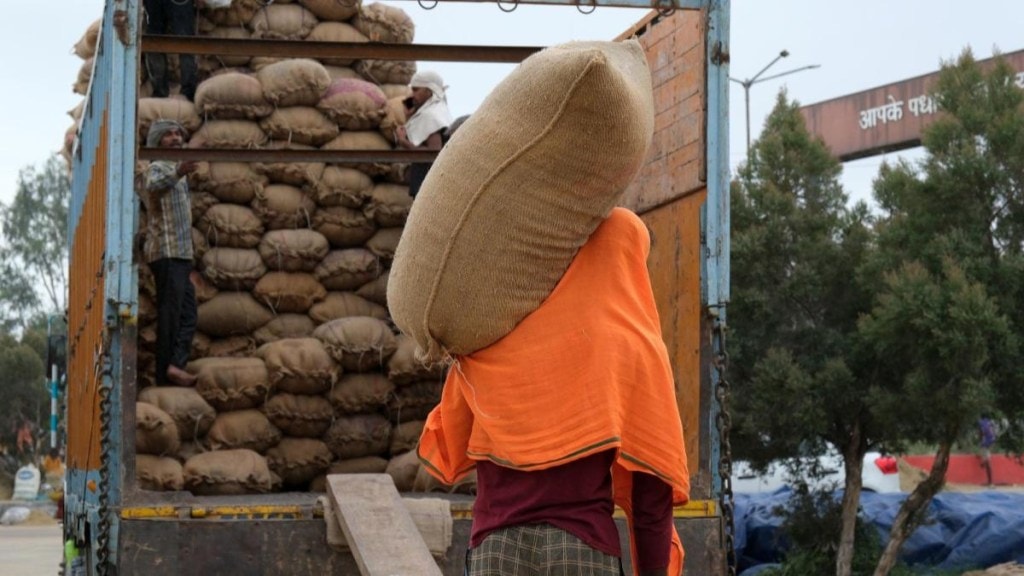The cabinet committee on economic affairs on Wednesday hiked the minimum support price (MSP) of raw jute by 6% to Rs 5,650/quintal for the 2025-26 marketing season.
“This decision…is expected to provide farmers a return of 66.8% over the all-India weighted average cost of production,” according to an official statement.
It stated that the approved MSP of raw jute is in line with the principle of fixing MSP at a level of at least 1.5 times the production cost.
The government has hiked MSP of raw jute by 2.35 times to Rs 5,650/quintal for the 2024-25 season from Rs 2,400/quintal in the 2014-15 season.
According to the statement, Rs 1,300 crore in MSP was paid to jute farmers between 2014-15 and 2024-25, compared with just Rs 441 crore between 2004-05 to 2013-14.
Stating that the production of jute was based on a variety of conditions and it is finding acceptance as a sustainable product, commerce and industry minister Piyush Goyal said, “We have continuously encouraged farmers in jute production and we assure them of buying (jute) at MSP. However, the output and production of jute will be a function of the farmers’ own interest in what product gives them the best value.”
CACP raises concern over cheap imports from Bangladesh
The commission for agricultural costs and prices (CACP) in the price policy of jute for 2025-26 has noted that “large imports of cheap raw jute and jute goods, mainly from Saarc countries, adversely affect the Indian jute farmers and mills.”
CACP has recommended that the government should closely monitor imports and take appropriate measures to restrain dumping of raw jute and jute products from Bangladesh.
Around 4 million farmers are engaged in the jute industry. About 400,000 workers have direct employment in mills and trade in jute, a natural fibre used in manufacturing of packing material, bags and ropes.
Last year, jute was procured from 170,000 farmers, mostly in West Bengal, Assam and Bihar.
“Average productivity of jute is much lower than the potential yield and availability of quality seed is a major constraint in all jute-growing areas,” CACP has stated.
The Jute Corporation of India (JCI) is the nodal agency for carrying out price support operations if prices fall below the MSP and any losses incurred by the corporation is reimbursed by the government.
The CACP, which recommends MSP of 23 crops annually, has observed that the JCI has limited presence in many jute-growing regions and faces other infrastructure and manpower constraints. The commission has recommended that the corporation should make efforts for active involvement of state governments, cooperatives, self-help groups, and panchayats for improving the reach and effectiveness of procurement operations.

